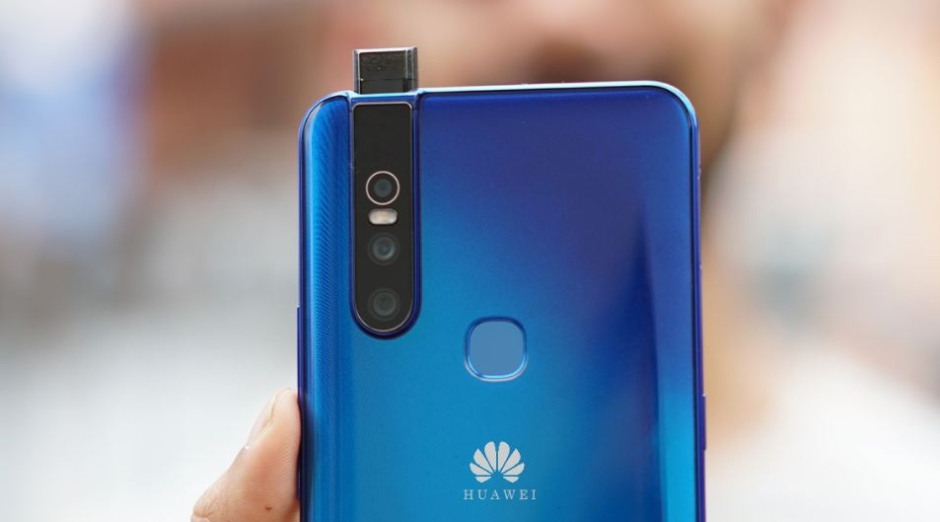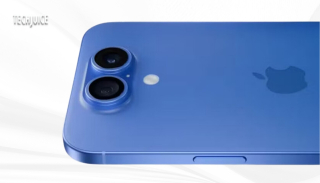Ever since the Chinese tech titan Huawei’s fear has risen that American software giant Google would revoke its Android license permanently, the world’s 2nd largest phone maker is rumored to be working on its own operating system. Though Huawei’s CEO has claimed that they are ready for using an alternative to Android, analysts claim that Huawei will never isolate itself to become a rival of Android.
As of now, a new report by the Chinese state-run media publication Global Times that, yes, Huawei is in the process of creating its own proprietary operating system called “Hongmeng.” According to the report, the first smartphone to use Huawei’s own operating system will arrive later this year. The device will be a mid-range phone with a price tag under $300, following the software’s official announcement during Huawei’s developer conference on August 9.
An anonymous source speaking to Global Times is quoted as saying there will be several million units in stock, and those will be out during the final three months of 2019. Furthermore, the unnamed phone will be launched alongside the Mate 30 Pro, expected in last quarter of this year.
It is still not clear whether HongMeng OS will end up running on all of its devices in the future, but it’s certainly part of its long-term strategy. If the matters with the U.S will not quickly resolve, the company has to prepare for all outcomes. Meanwhile, HongMeng is being built to work across its Internet-of-Things (IoT) devices – such as smart TVs meaning that it will not be associated with smartphones only.
Moreover, Huawei is holding a Huawei Developer Conference on the 9th of August 2019, and it might be one of the most exciting ones to date. It will be a two-day event, from August 9th to 11th, and will be held in Songshan Lake, Dongguan. The event will be divided into three segments, including a keynote speech, a technical forum, and Codelabs.
The reason why this year’s conference will be interesting is that it might give us the first glimpse at Huawei’s HongMeng OS. We are anxious to know more about it, but for now, we can only wait.












